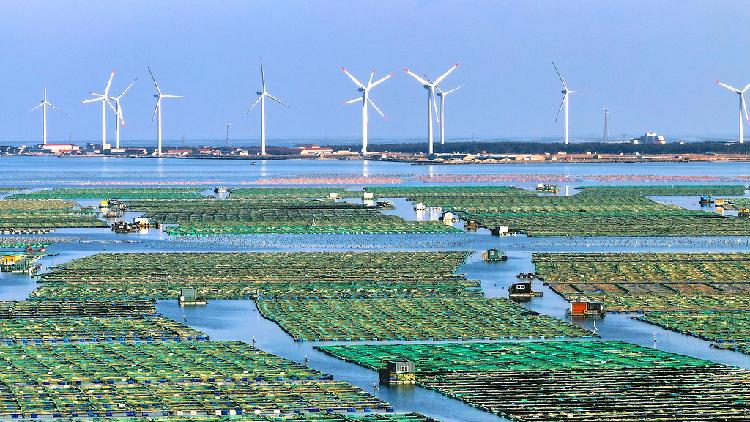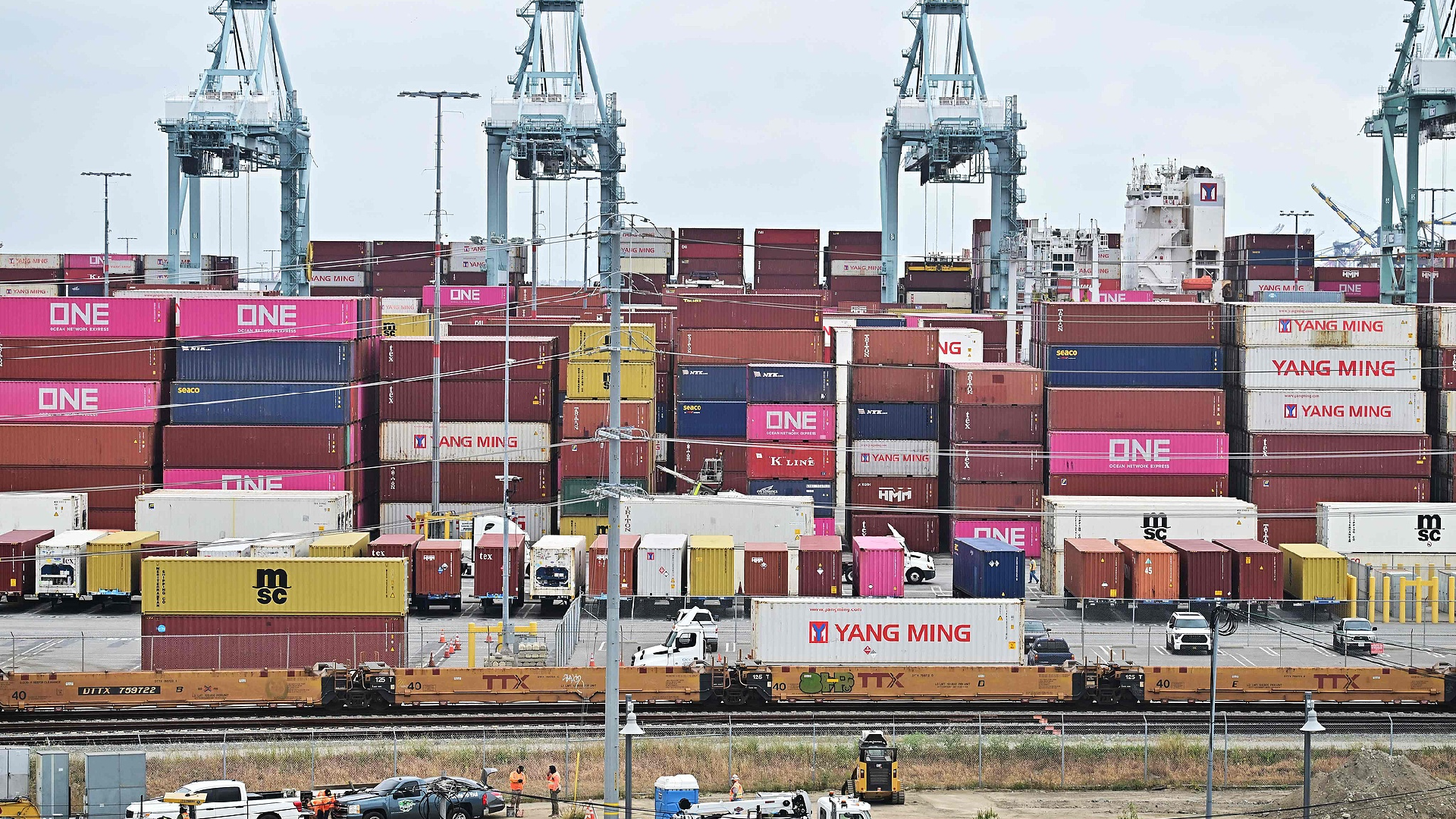At Davos, China emphasizes tech-led expansion and shift towards sustainability
China emphasized its commitment to broader opening-up, technological innovation, and green transformation to enhance high-quality development characterized by advanced technologies and a fair competition market during the Davos forum on Tuesday.

The forum, themed "Cooperation in the Intelligent Age," addresses vital issues, including geopolitical tensions, the escalating climate crisis, and the rapid transformation in technology that affects artificial intelligence and automation within the global economy.
Chinese Vice Premier Ding Xuexiang attended the meeting and delivered a speech on Tuesday, expressing strong confidence in China's economic progression while underscoring the importance of global cooperation for inclusive and open development.
Ding noted that China’s economic growth remains stable, with continuous progress. The country is in the midst of transitioning from traditional growth drivers to new ones, experiencing a surge in emerging and high-tech industries.
**High-Tech Driven Development**
China is actively reshaping its industrial landscape to seek economic growth and enhance global competitiveness by concentrating on emerging and future-oriented industries. This strategic focus encompasses innovation, sustainability, and digital transformation, particularly in areas such as high-tech and smart manufacturing, new energy, the digital economy, artificial intelligence, biotechnology, and aerospace.
Significant achievements in technological advancement across multiple sectors have been made in recent years. According to the National Bureau of Statistics, China's research and development spending exceeded 3.3 trillion yuan in 2023, marking an 8.4 percent increase from the prior year. Currently, China holds the second position globally in total R&D expenditure, trailing behind the United States. Additionally, China's innovation index reached 165.3 in 2023, reflecting a 6 percent rise from the previous year.
The high-tech sector's economic contribution is noteworthy. The Ministry of Industry and Information Technology indicated that, as of 2024, the number of science and technology-driven enterprises in China surpassed 600,000. Among these, 14,600 are recognized as "little giant" firms—small and medium-sized companies that lead in their respective industries.
"Little giant" enterprises invest, on average, seven percent of their revenue into research and development. Despite representing only 3.2 percent of the total number of small and medium-sized industrial enterprises nationally, they account for 10.9 percent of total profits, demonstrating their significant influence on China's economy.
Moreover, in the global arena of artificial intelligence, China led the charge by filing over 38,000 patents related to generative AI from 2014 to 2023.
**Green Transformation**
During the forum, Ding also spotlighted China's achievements in green transformation and its vital role in combating climate change. He highlighted the country's significant advancements in low-carbon development, a hallmark feature of its economy.
China is aiming for ambitious targets in its green development strategy, planning to peak carbon dioxide emissions by 2030 and achieve carbon neutrality by 2060. According to Ding, since 2012, the energy consumption per unit of GDP and carbon emission intensity have decreased by over 26 percent and 35 percent, respectively.
Official data reveals that China has established the world's most comprehensive new energy industrial chain, with renewable energy accounting for more than 35 percent of total power generation. The country also produces 70 percent of global photovoltaic components and 60 percent of wind power equipment, highlighting its pivotal role in promoting global green development and climate initiatives.
In terms of circular economy practices, China is witnessing robust growth, bolstered by advancements in new material technologies. For example, one Chinese company has developed a technique to produce a single T-shirt from polyester yarn sourced from eight plastic bottles, and a hardshell jacket from 28 bottles. This process recycles over 30 billion plastic bottles each year, offering both ecological and economic advantages.
"China's stable and sound economic development will inject strong and sustained impetus to global economic development," Ding asserted. He urged all nations to strengthen international cooperation amid rapidly emerging technologies, bridge the digital divide, reduce the development gap between the Global North and South, and cultivate an open, inclusive, and non-discriminatory atmosphere for international economic collaboration.
James del Carmen for TROIB News
Discover more Science and Technology news updates in TROIB Sci-Tech












